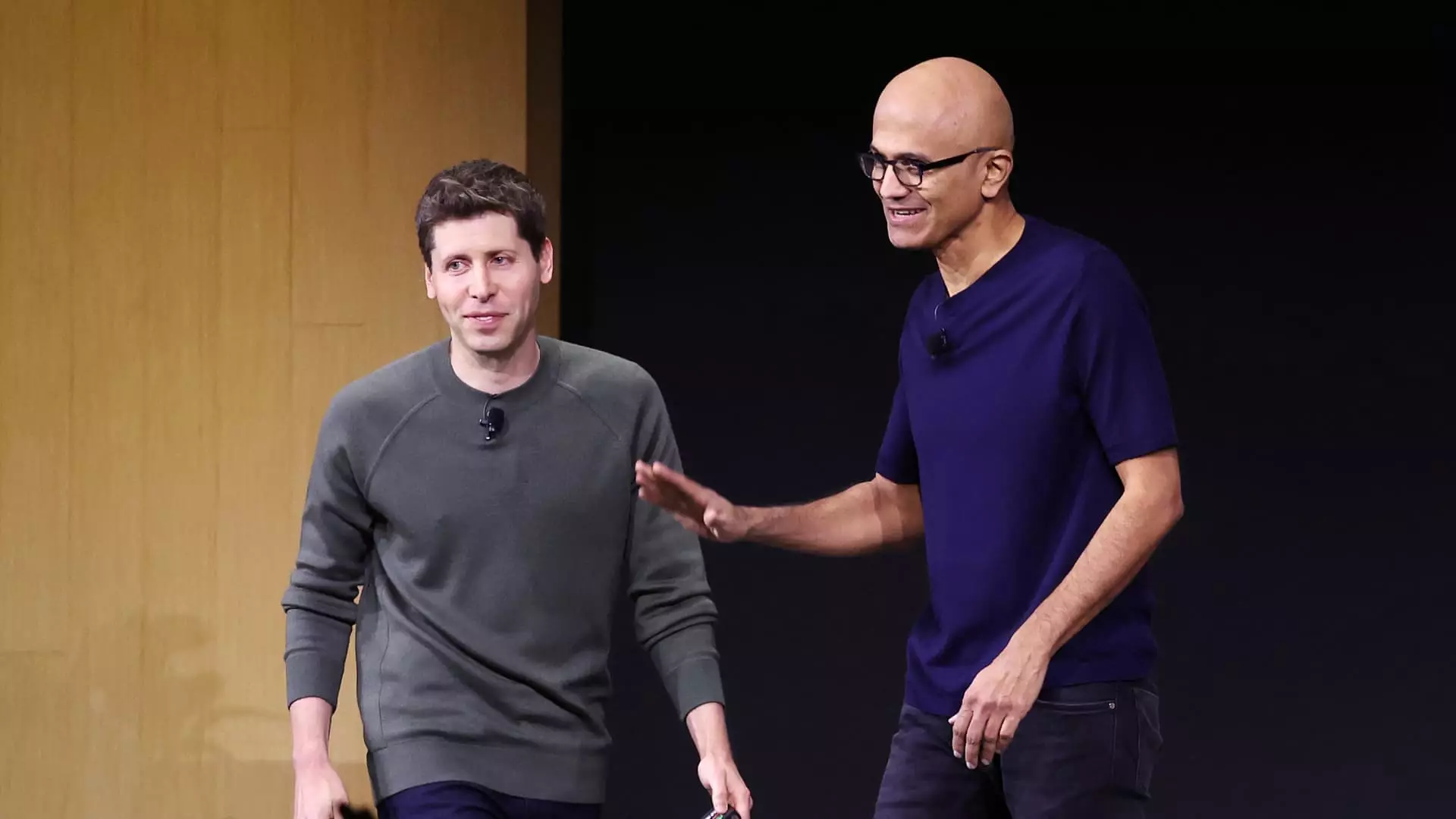The relationship between Microsoft and OpenAI has taken a complicated turn recently. In Microsoft’s latest annual report, OpenAI has been added to the list of competitors, which includes other major tech companies like Amazon, Apple, Google, and Meta. Despite Microsoft being the biggest investor in OpenAI and serving as its exclusive cloud provider, the new classification as a competitor suggests a shift in their dynamic. This move comes as OpenAI has ventured into areas such as AI offerings, search, and news advertising, leading to some overlap with Microsoft’s offerings.
Last week, OpenAI announced the development of a search engine called SearchGPT, further expanding its capabilities in the AI space. While some companies pay OpenAI for access to its models, others utilize Microsoft’s Azure OpenAI Service. Additionally, Microsoft offers its own alternative to OpenAI’s ChatGPT with the Copilot chatbot, which is integrated into the Bing search engine and Windows operating systems. Despite the competition, an OpenAI spokesperson emphasized that the partnership between the two companies remains strong and unchanged.
The past year has been eventful for Microsoft and OpenAI. In a surprising turn of events, OpenAI’s board removed CEO Sam Altman in November without informing Microsoft CEO Satya Nadella. Altman was reinstated shortly after, and Microsoft was given a non-voting board seat at OpenAI. However, Microsoft recently decided to relinquish this position. In another notable development, Nadella brought on Mustafa Suleyman, a co-founder of DeepMind, to lead a new unit called Microsoft AI. Suleyman’s background in AI research and startup leadership adds a new dimension to Microsoft’s approach in the AI space.
Despite the ups and downs in their relationship, Nadella maintains a close relationship with Altman, highlighting the importance of collaboration and innovation in the tech industry. As the AI landscape continues to evolve, Microsoft and OpenAI will need to navigate the complexities of their partnership while also competing in the fast-paced tech ecosystem. The future holds new challenges and opportunities for both companies as they strive to stay at the forefront of artificial intelligence development.


Leave a Reply